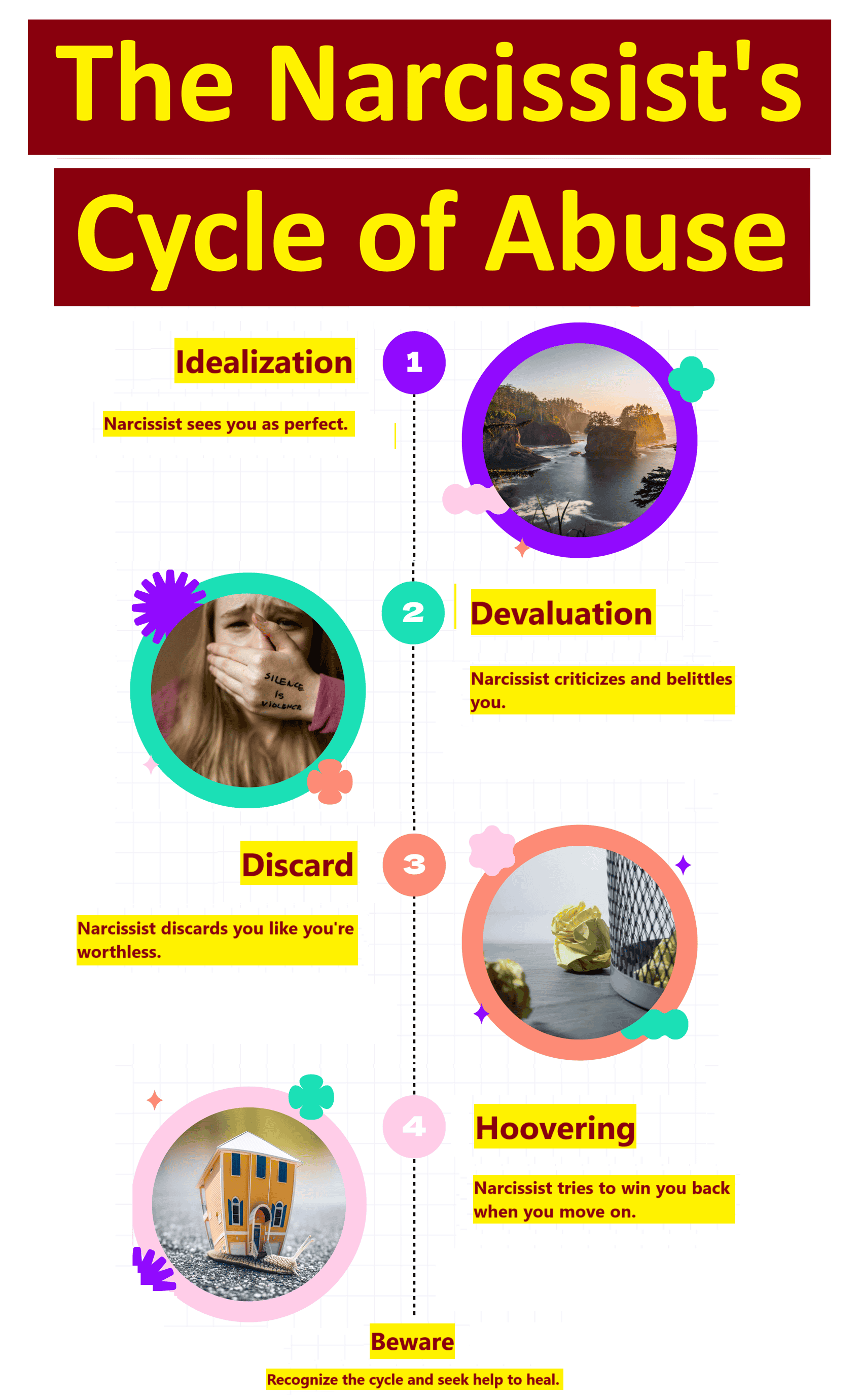Children raised by narcissistic parents often experience a range of emotional and psychological effects. These effects can include low self-esteem, difficulty forming healthy relationships, and a perpetual need for approval.
You might struggle with setting personal boundaries or find yourself constantly seeking validation from others. Living in an environment where emotional manipulation and control are prevalent, can also lead to anxiety and depression.
18 Signs of Being Raised by a Narcissistic Parent
1. Constant Criticism and Unrealistic Expectations
You might experience relentless criticism and constantly feel like you’re not measuring up. Narcissistic parents frequently set the bar too high, making you feel inadequate.
The persistent doubts stems from their need to assert control and superiority.
2. Lack of Empathy and Emotional Support
Narcissistic parents often show little empathy, making it hard for you to feel understood or emotionally supported. Your feelings and needs likely took a backseat to theirs.
The emotional neglect can lead to difficulties in recognizing and expressing your own emotions.
3. Manipulation and Control Tactics
You may find that manipulation and control are prevalent in your upbringing. Narcissistic parents use guilt, shame, and fear to influence your decisions.
This undermines your ability to trust your judgment and fosters dependency.
The Need for Perfection and Public Image
Narcissistic parents often demand perfection to maintain a spotless public image. You might feel immense pressure to excel in everything, regardless of your interests or desires. Their reputation often trumps your individuality.
4. Emotional Blackmail
You might have faced emotional blackmail, where love and approval were conditional. Narcissistic parents often withhold affection as a means to control, making you feel you must earn their love by meeting their demands.
5. Gaslighting
Narcissistic parents commonly employ gaslighting, making you doubt your reality. They may deny events, twist facts, or shift blame, leading you to question your perceptions and making you reliant on their version of the truth.
6. Favoritism or Comparisons
You might notice favoritism or unfair comparisons among siblings. Narcissistic parents thrive on pitting children against each other. They may play favorites to manipulate and control, creating discord and insecurity.
7. Isolation
Isolation from friends or extended family can be a tactic narcissistic parents use. They may discourage outside relationships to maintain control and ensure you’re dependent on them for social and emotional needs.
8. Unrealistic Expectations for Achievement
Narcissistic parents often push you towards unattainable achievements. Their expectations are more about reflecting their glory than fostering your happiness or personal growth.
9. Projecting Their Issues
Narcissistic parents may project their insecurities or failures onto you. They might blame you for their problems or criticize you for traits they dislike in themselves, leading to confusion and self-doubt.
10. Invalidation of Your Feelings
You might have experienced frequent invalidation of your feelings. Narcissistic parents dismiss or belittle your emotions, making you feel your feelings are wrong or exaggerated, which undermines your emotional confidence.
11. Boundary Violations
Narcissistic parents often disregard your personal boundaries. They might invade your privacy, dictate your choices, or expect you to fulfill their emotional needs, leaving you struggling to establish and maintain healthy boundaries.
12. Triangulation
Using triangulation, narcissistic parents manipulate family dynamics by involving a third party to control or create conflicts. This tactic pits people against each other and maintains the narcissist at the center of attention and control.
13. Conditional Approval
The approval from narcissistic parents is usually conditional. You may feel their love and acceptance are based on your ability to meet their standards or serve their needs, leading to a constant chase for validation.
14. Financial Control
Financial dependence can be a method narcissistic parents use to maintain control. They might restrict access to money or create financial dependencies to ensure you stay within their influence and adhere to their demands.
15. Emotional Volatility
Emotional volatility and unpredictable behavior from narcissistic parents create an unstable environment. The inconsistency in their moods and reactions keeps you on edge, making it hard to feel secure or develop a stable sense of self.
16. Fear of Abandonment
You might develop a deep-seated fear of abandonment due to conditional love and approval. This fear often leads to clinginess, difficulties in trusting relationships, and a perpetual need for reassurance.
17. Denial of Autonomy
Narcissistic parents often deny your autonomy. They might dictate your life choices, discouraging independence, and ensuring you align with their expectations, rather than developing your path.
18. Chronic Stress and Anxiety
Living with narcissistic parents can result in chronic stress and anxiety. The constant need for approval, fear of reprisal, and emotional warfare take a significant toll on your mental health, leading to long-term psychological impacts.
Effects on Adult Relationships and Self-Esteem
Challenges in Forming Healthy Relationships
Growing up with a narcissistic parent affects your ability to form healthy relationships. Trust issues often arise because you were likely manipulated and invalidated as a child. This makes it difficult to trust others, fearing they’ll betray or manipulate you.
You might also struggle with setting boundaries. Having a parent who didn’t respect your boundaries can lead to difficulties in asserting your own limits with others.
Codependency is another potential challenge. You may find yourself overly dependent on your partner or friends for approval and validation due to your parent’s constant need for attention and validation. This can lead to unbalanced relationships where your needs are secondary to others’.
Moreover, you might choose partners who mirror your parent’s narcissistic traits. Familiarity can draw you to similar dynamics, perpetuating a cycle of unhealthy relationships.
Struggles with Self-Worth and Identity
Self-esteem can take a significant hit when raised by a narcissistic parent. Constant criticism and high, unrealistic expectations likely eroded your sense of self-worth.
You might feel perpetually inadequate, no matter your achievements or efforts. It’s challenging to change this mindset if you continually seek external validation.
Identity struggles also emerge from such an upbringing. A narcissistic parent often imposes their own identity and needs onto you, stifling your self-discovery. This can leave you feeling lost and unsure of who you truly are.
Many people in this situation spend years trying to figure out their passions, likes, and dislikes because they were never given the space to explore these aspects during childhood.
Perfectionism is a common trait among those raised by narcissists. The pressure to meet impossible standards instilled by your parent can carry into adulthood, leading to stress and burnout as you constantly strive for perfection. This can further damage your self-esteem when you inevitably fall short of these unattainable goals.
Coping Strategies and Healing
Seeking Therapy and Support Networks
Therapy provides a structured environment for healing. Professional therapists can help unravel complex emotions tied to narcissistic parenting.
Cognitive Behavioral Therapy (CBT), for example, focuses on changing negative thought patterns linked to low self-esteem. Look for therapists specializing in narcissistic abuse recovery.
Support networks, such as group therapy or online communities, offer shared experiences and validation.
Platforms like Reddit or specialized forums host discussions where individuals share coping strategies. Connecting with others facing similar challenges can foster a sense of belonging and reduce isolation.
Establishing Boundaries and Self-Care
Boundaries are crucial for protecting your mental health. Clearly defined limits can prevent further emotional manipulation.
Start by identifying what behaviors are unacceptable, then communicate these boundaries assertively. It’s essential to maintain consistency, even if it feels uncomfortable.
Self-care helps rebuild self-esteem. Activities like mindfulness, exercise, and hobbies contribute to emotional resilience.
Prioritize self-care routines, and ensure they include a mix of relaxation and physical activity. Journaling can also provide an outlet for processing emotions and tracking progress in setting boundaries.
Final Thoughts
Recognizing the signs of being raised by a narcissistic parent is the first step towards healing. It’s crucial to acknowledge the impact on your relationships and self-esteem.
Remember that you’re not alone and seeking help through therapy and support networks can make a significant difference.
Establishing boundaries and prioritizing self-care are essential for rebuilding your mental health and self-worth. Embrace the journey of self-discovery and strive for healthier dynamics in all aspects of your life.




